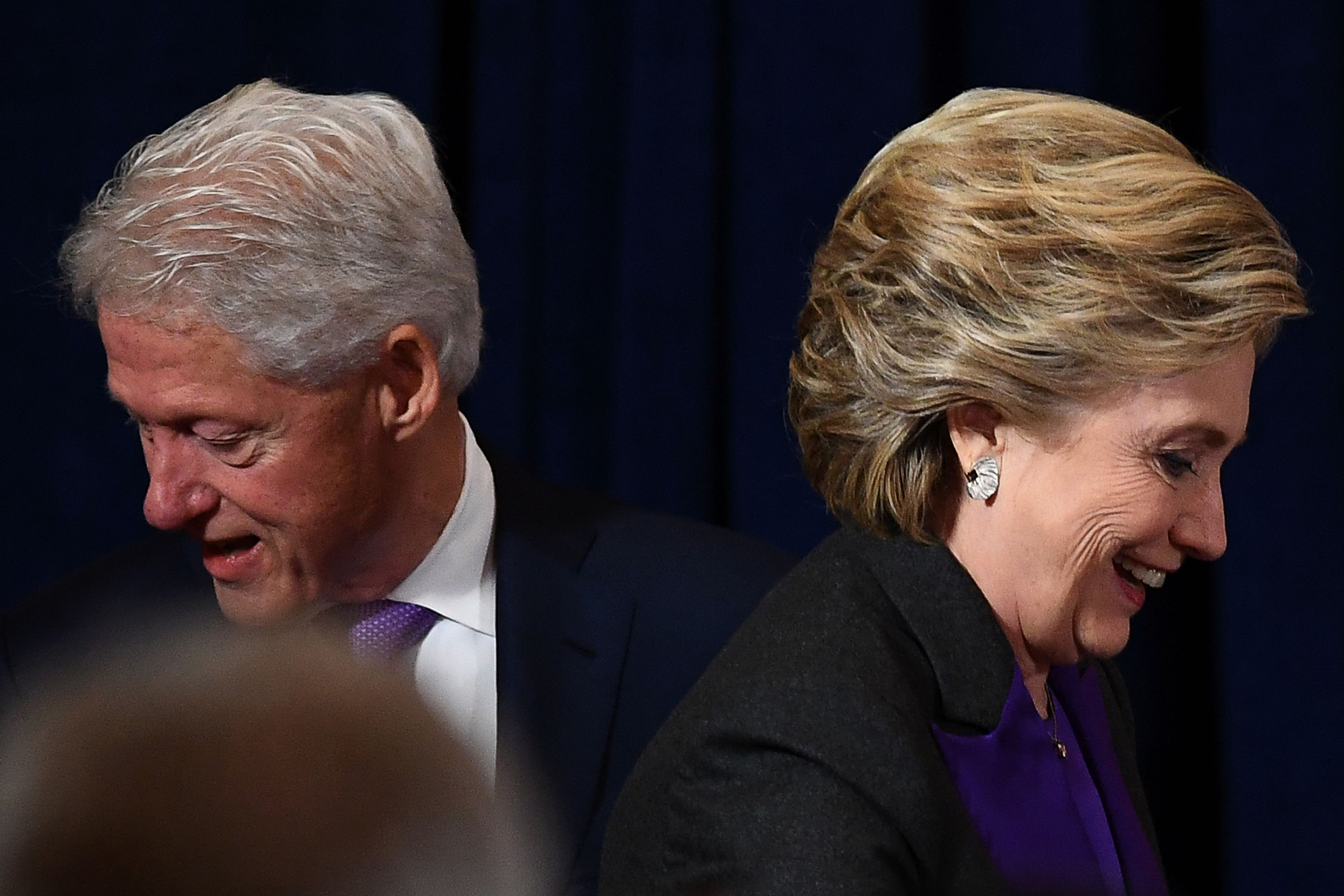Starting July 16, the government is set to increase petroleum product prices significantly. Petrol is expected to rise by Rs7.67 per litre, high-speed diesel (HSD) by Rs3.72 per litre, and kerosene by Rs2.73 per litre. The proposal to raise the levy on petroleum products awaits final approval from Prime Minister Shahbaz Sharif, with the Ministry of Finance expected to announce the new prices tonight.
On July 13, reports revealed that the government was considering a substantial increase in petroleum product prices. This adjustment, influenced by global oil prices, currency exchange rates, and financial dynamics in the energy sector, could elevate petrol to Rs273.28 per litre, HSD to Rs281.25, kerosene oil to Rs184.25, and light diesel oil (LDO) to Rs166.65 during the latter half of July 2024.
Industry sources have indicated that the potential hike in fuel prices is based on the current tax structure and the Inland Freight Equalization Margin (IFEM). The IFEM on petrol is estimated to increase from Rs6.12 to Rs7.79, and for HSD, it could rise from Rs3.11 to Rs4.51. There is also the possibility of an additional petroleum levy of Rs5 per litre, which would further increase petrol prices to Rs278.28 per litre and HSD to Rs286.17 per litre.
Impact on Consumers
Consumers, already grappling with high inflation, are expected to face an additional burden due to the fuel price hike. Currently, petrol is priced at Rs265.61 per litre, HSD at Rs277.45 per litre, kerosene oil at Rs184.25 per litre, and LDO at Rs166.65 per litre. Petrol is primarily used for cars and motorcycles, while HSD powers heavy vehicles such as trucks and buses, as well as industrial machinery.
Kerosene oil is essential for cooking and lighting in households without electricity, and LDO is used in industrial boilers, furnaces, and certain engines, particularly in the textiles, cement, and power generation sectors. The increase in fuel prices is expected to add additional financial strain on households and businesses that rely heavily on these fuels for daily operations and activities.
Yesterday, the PML-N-led federal government notified a significant increase in the power tariff for all consumers, including those served by K-Electric. The Power Division raised the basic electricity tariff for domestic consumers by up to Rs7.12 per unit, although domestic consumers using up to 200 units per month are exempt from this increase for three months. This development comes as another blow to the already burdened masses.
Read More: “Desperate”, “Fascist”: Reactions to Gov’s Decision to Ban PTI
The Oil and Gas Regulatory Authority (OGRA) will submit its recommendations for future oil prices on July 15, after which the finance ministry will consult with the Prime Minister for a final decision. If approved, the new fuel prices are expected to further exacerbate the existing inflationary pressures, making it more challenging for consumers to manage their expenses.
The increase in fuel prices is not only a direct hit on consumers but also has broader economic implications. Higher transportation and production costs will likely lead to increased prices for goods and services, contributing to overall inflation. This hike in oil prices is poised to impact various sectors, including transportation, manufacturing, and agriculture, which rely on fuel for their operations.














